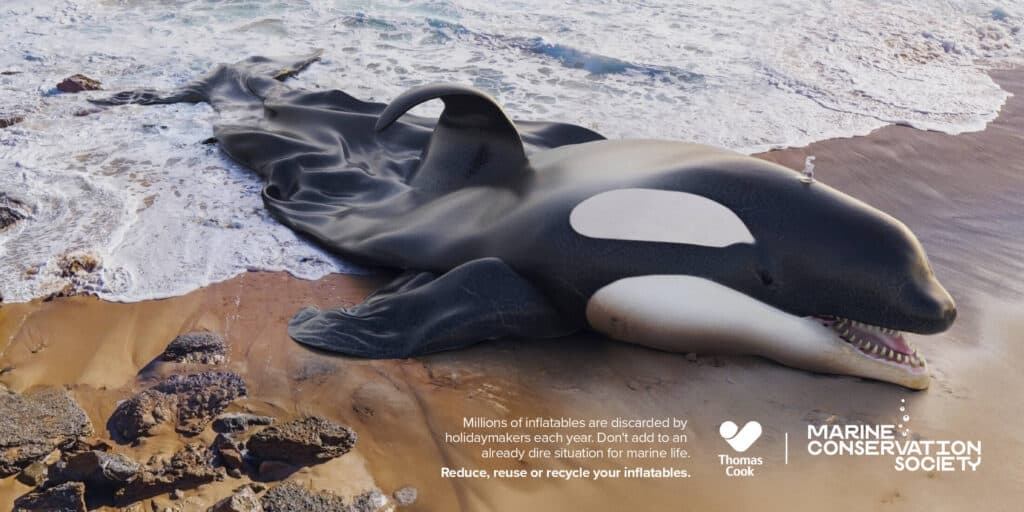Summer is here, and for many of us, that means dreaming of sunny beaches and refreshing dips in the ocean. But what about the beach toys we use for fun in the sun? Have you ever considered the environmental impact of those inflatable toys we love?
The Problem with Beach Inflatables
Beach inflatables are a popular choice for tourists of all ages. They’re lightweight, easy to pack, and provide hours of entertainment. However, these seemingly harmless toys come with a hidden cost. Most beach inflatables are made from PVC, a type of plastic that is not easily biodegradable. When these inflatables are discarded, they often end up in landfills or our oceans, where they can break down into microplastics. Microplastics are tiny pieces of plastic that are ingested by marine life, causing a range of health problems. A study by the Marine Conservation Society found that 90% of seabirds have plastic in their stomachs.
The problem is further compounded by the fact that many beach inflatables are only used for a short time before being thrown away. A Thomas Cook survey revealed that over half of British tourists admit to throwing away their inflatables after just one holiday.
Thomas Cook Takes a Stand
In an effort to raise awareness of this issue, travel giant Thomas Cook has launched a new campaign in collaboration with the Marine Conservation Society. The campaign centers around a series of eye-catching advertisements featuring deflated inflatables. The ads are designed to grab attention and encourage beachgoers to think twice before buying new inflatables.
Thomas Cook is also working with its hotel partners to find ways to reduce reliance on inflatables. This includes encouraging hotels to offer rental programs for beach toys and to promote recycling initiatives.
What You Can Do to Help
There are a number of things you can do as a traveler to help reduce the environmental impact of beach inflatables. Here are a few tips:
- Consider purchasing high-quality, durable beach toys that will last for multiple trips.
- Look for inflatables made from sustainable materials, such as recycled plastic.
- Borrow or rent beach toys from your hotel or a local shop.
- Avoid buying single-use inflatables.
- If you do buy an inflatable, dispose of it responsibly. Many hotels offer recycling facilities for plastic waste.
- Pack reusable water bottles and containers to avoid using disposable plastics.
- Participate in beach cleanups to help remove plastic waste from the environment.
By making small changes to your beach routine, you can help to protect our oceans and marine life for future generations.
Beyond the Beach: Reducing Your Plastic Footprint on Vacation
While beach inflatables are a particular concern, plastic pollution is a wider issue that affects all aspects of travel. Here are some additional tips for reducing your plastic footprint on vacation:
- Avoid single-use toiletries and opt for refillable containers.
- Pack reusable shopping bags and produce bags.
- Choose accommodations with a commitment to sustainability.
- Be mindful of your water consumption and avoid using bottled water whenever possible.
- Educate yourself about the environmental impact of tourism and make choices that support sustainable practices.
By following these tips, you can enjoy a relaxing and enjoyable vacation while minimizing your impact on the environment.
Conclusion
Making a difference starts with awareness. By understanding the environmental cost of our choices, we can all take steps to become more responsible travelers. So next time you’re packing for a beach trip, think twice about those inflatables and consider the alternatives. With a little planning and effort, we can all help to protect our oceans and ensure a healthy future for marine life.This blog post is just a starting point. There are many other ways to reduce your plastic footprint on vacation. We encourage you to do your own research and find ways to travel more sustainably.
Let’s work together to make our holidays a force for good in the world!

